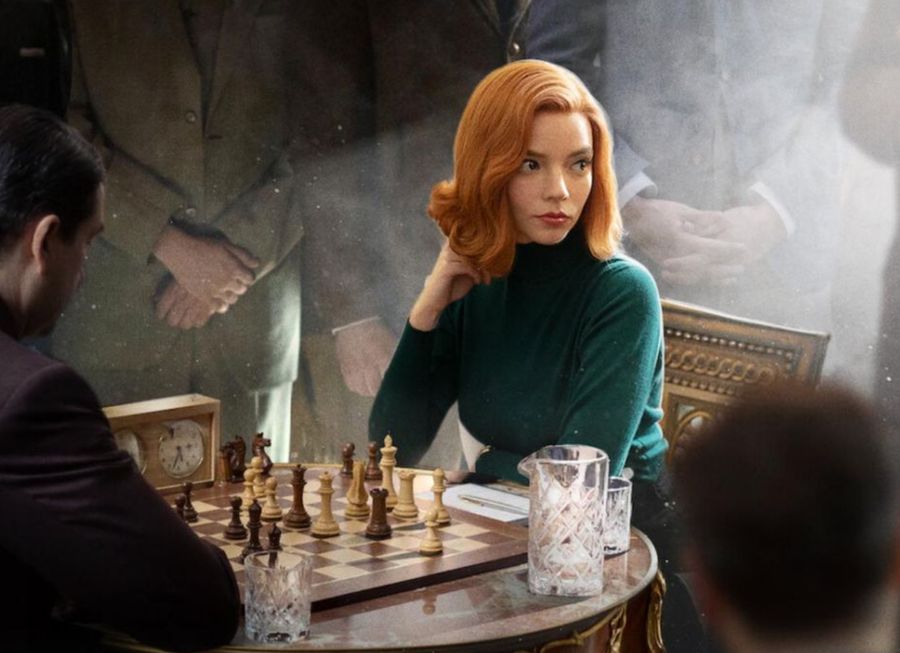For years, actresses have tried to portray, through their performances, that female characters are not just the male lead’s love interest. Female characters are often overlooked, underestimated and taken for granted. However, to express the nuanced stories about the femaleness of experience, actresses like Anya Taylor-Joy has spoken up to bust the myth.
Breaking stereotypes and transcending a fixed narrative genre is one of the main things that female characters are doing in order to reclaim their narrative and agency.
Anya Tayor-Joy, well-known for her role as Beth Harmon in the widely acclaimed Netflix miniseries The Queen’s Gambit, spoke of how this begins when complex and layered characters are normalised. Her character is the sole woman in a highly male-dominated world of chess and undergoes various struggles.
Talking about that particular experience, Taylor-Joy said, “Right to the camera language and the way that she regarded herself, we afforded her the same opportunity that male characters get all the time without question. You never look at a complicated male character and go, ‘He’s such a complicated man.’ He’s just an individual.”
The vices of male characters like alcoholism, substance abuse or one-night stands are often glamorised, while they are seen as sinful and degrading when it comes down to a woman. Take, for instance, our reaction to Coleridge’s love for opiates or Jack Nicholson’s penchant for powders.
The Queen’s Gambit deals with the issue of addiction and how that clouds Beth’s judgement. Taylor-Joy had an interesting take on this. “We have countless examples of tortured male geniuses who are addicts, and sometimes they exhibit bad behaviour and treat their friends and their partners badly and we don’t question it,” she retorted.
“Sometimes, we even regard it as a good thing or as an enviable thing. Female characters with that have just been considered messes.”
Vulnerable and emotionally complex female characters and their narratives often reflect the quagmire of female existence. In their daily lives, women are struggling to juggle a lot of responsibilities and when the characters on-screen reflect just that instead of being a mere arm-candy, it is realistic, reassuring and in certain ways comforting.
To see women break out of the boxes and roles, they have been pigeonholed into as “not being as good or just second class”, is definitely the first step.
Although she knows that “we do have a long way to go”, Taylor-Joy still has a “lot of hope for the future generations because the conversations have started, in politics and in art and in culture in general.”
